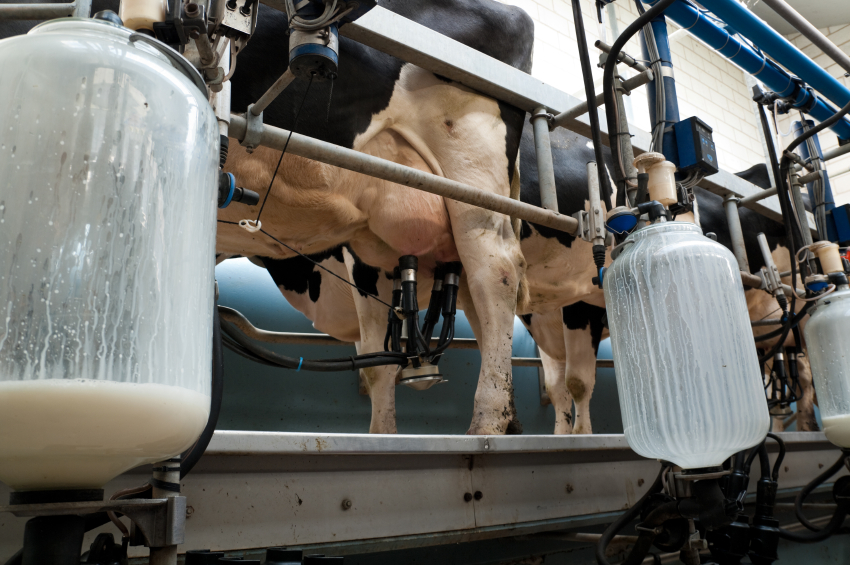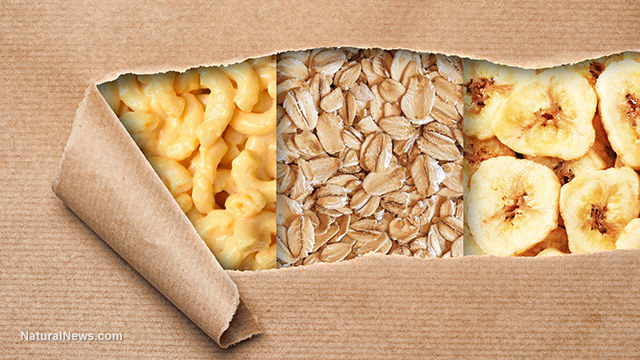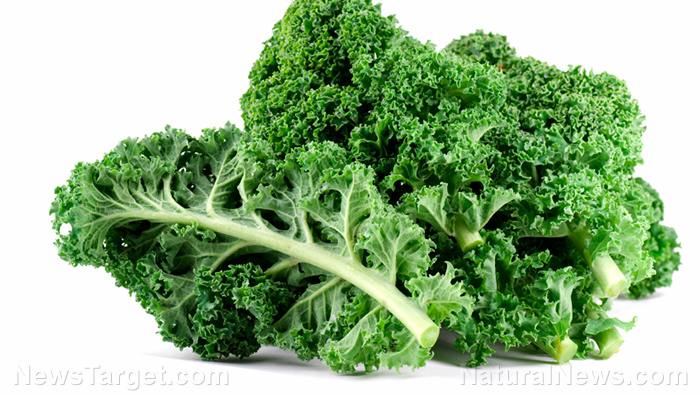The dirty truth about the omega-3 boost in your organic milk
02/25/2019 / By Tim Wesley

Just how “organic” is your favorite milk brand? You might be surprised. An investigation into what constitutes “organic milk” revealed that a stunning 14 percent of these so-called products are anything but. In fact, these falsely-advertised milk items contain an algae called Schizochytrium, an additive which supposedly increases the amount of omega-3 fatty acids the milk contains. The algal oil is alleged to be a “bonus” for us consumers but a closer look at the situation shows a more sinister motivation.
Consumer advocates are crying foul, stating that milk brands often dodge the question of what really happens in their factories in order to maintain their “USDA Organic” seal.
As warned by Senior Policy Analyst at Consumer Reports, Charlotte Vallaeys, “When an organic milk carton says it has higher levels of beneficial nutrients, like omega-3 fats, consumers want that to be the result of good farming practices…not from additives made in a factory.”
“We do not think that [the oil] belongs in organic foods,” she stressed.
Yet you do not have to look very far to discern why or how this practice began. Cherchez la femme, they would say, or in this case, follow the money.
Gaining the coveted “USDA Organic” seal allows companies to double, if not triple prices. As brands seek to maximize sales and supply the ever-ravenous demand for natural food, they have found loopholes into what the U.S. Department of Agriculture (USDA) defines as “organic.”
It would seem that the USDA has given quite an amount of leeway to what it considers to be organic — nor does the group intend on narrowing its definition any time soon.
Take this into consideration: Five years after algal oil was first introduced into organic milk as an “added health benefit” in 2012, the USDA quietly acknowledged that some of its regulations were “incorrectly interpreted.” Despite that, the USDA agreed to maintain the status quo in order not to “disrupt” the market.
A perfect example of this sleight of hand is found in the Horizon milk brand. Horizon milk with the algal oil costs about 30 cents more than their plain variety. What’s more, sales of these “DHA-improved” organic milk have only been rising, with more than 26 million gallons of milk sold in 2016. (Related: Horizon organic milk fraudulently marketed, charges Cornucopia Institute.)
Critics, however, are less than thrilled by this news. They argue that Horizon’s popularity is based on misinformation. The public simply isn’t aware of what is or isn’t truly organic.
True organic milk, as is the product of grass-fed cows, already contains substantially more omega-3 fatty acids than conventional milk. The additives, if anything, are redundant systems that could actually be harmful in the long run.
“Additives just don’t have any place in organic at all,” said former chair of the National Organics Standards Board, Barry Flamm. “You might say additives should be allowed for health reasons, but I never saw an additive that you couldn’t get in real foods.”
Sources include:
Tagged Under: horizon, Horizon milk, manufactured algal oil, misleading marketing, natural food, nutrients, organic milk, organic milk products, unnecessary additives, USDA Organic



















